
Third year in a row, the Faculty of Organization and Informatics is implementing a virtual mobility project within the course Negotiation in an International Environment. This project is conducted in joint cooperation between FOI students enrolled in study program Economics of Entrepreneurship and students from the Amsterdam University of Applied Sciences (AUAS), Netherlands. The project at FOI is lead by Full. Prof. Violeta Vidaček-Hainš, Ph.D. with assistants Antonela Čižmešija, M. Inf and Maja Kućar, mag.psych. The project at AUAS is lead by Andreia Carita. The iniciative for collaboraiton is done by Izabela Oletić Tušek, univ.spec.pol.
One of the goals of virtual mobility is networking with students from other countries and participation in classes on partner universities, without physical travel.
Students attending related courses at AUAS (Intercultural Communication and Cross-Cultural Management) and at FOI (Negotiating in an International Environment) use online communication tools to introduce themselves, compare their student life, exchange experiences, discus similarities and differences between their cultures, customs, traditions… They present products and services both from Croatia and Netherlands and choose the most interesting ones for virtual shopping activities. During academic year 2020/21 this activity included 30 FOI students from Croatia, France and Spain (Erasmus incoming students studying at FOI) and 20 students from Amsterdam. Erasmus incoming students at FOI brought additional value to the group dynamic.
Below you can read a personal experience written by project participant, an Erasmus student at FOI, Hugo Taieb (from Epitech, France).
Hugo Taieb

The work group was nice even if it wasn’t really chatty at some moments. I really appreciate working with people from other countries. It allowed me to meet new people and to discover how they are living and to be honest, we are not so different. For now, the Duchs are in lockdown because everything is closed due to the corona pandemic. During our work, we talked about brands and typical food in our countries (Croatia, Netherlands and France). There are some products which are really interesting. For example – „Vegeta“ in Croatia is literally used in many dishes (simple and effective). Also I didn’t know that the first tie came from Croatia and this product history is really interesting.
Further on, the „Bottarga“ is an Italian dish prepared with fish eggs. We can find it in different form like powder or cut into slice.
Now if I have to import a French product, I don’t know which one to choose. I would like to import „Ricard“ - a famous brand of alcohol in France but this is a school paper, and I don’t know if I can speak about this (not really serious). Also, I would like to import “Tarte Flambée” or “Flammekueche” which are for me one of the best dishes from my region in France. Composed of bread dough rolled out very thinly in the shape of a rectangle or oval, which is covered with cream, thin-sliced onions and bacon. This has also an interesting history because it was created by farmers, who used to bake bread once a week.
The Flammekueche was originally a homemade dish which did not make its urban restaurant debut until the "pizza craze" in the 1960s. A Flammekueche would be used to test the heat of their wood-fired ovens. At the peak of its temperature, the oven would also have the ideal conditions in which to bake a Flammekueche.
To conclude, importing products from other countries allow people to discover products from foreign countries and that’s really nice but I think that country of origin uses their product in best way. I think the best way to try product of a country is to go in this country definitively. Also, it allows you to visit and travel the country!


